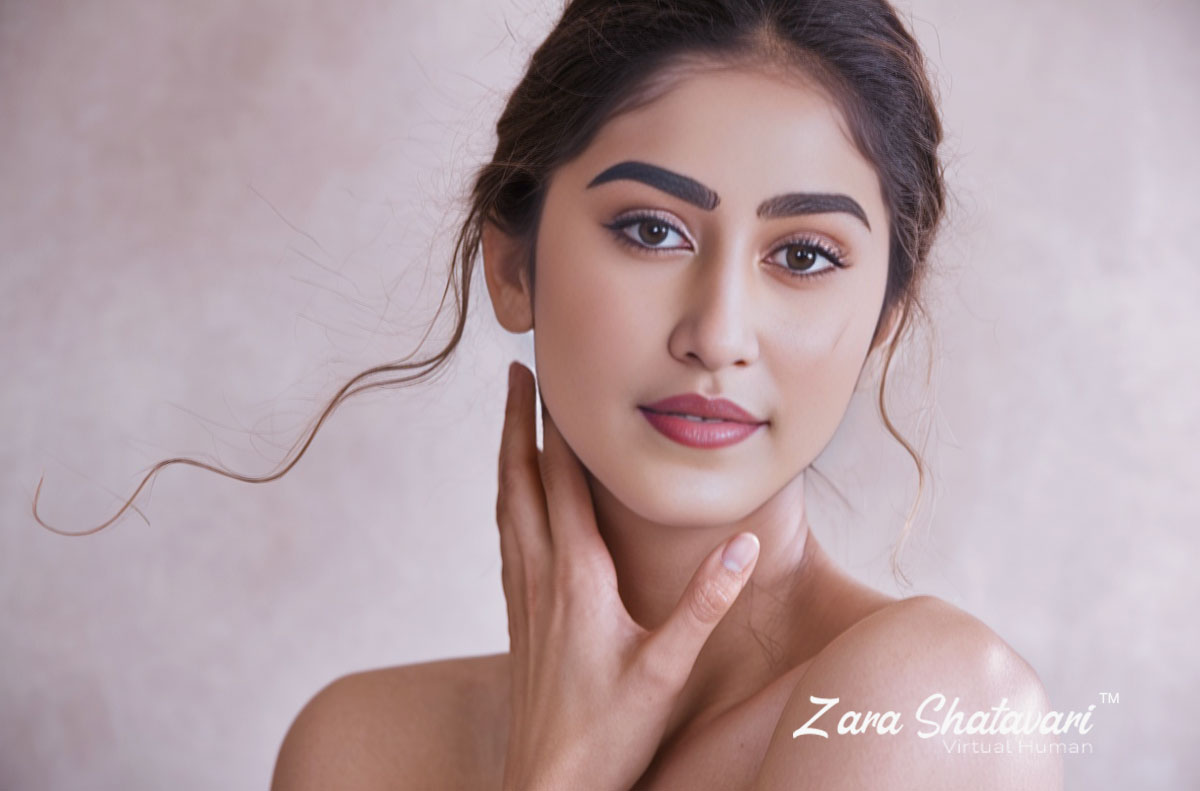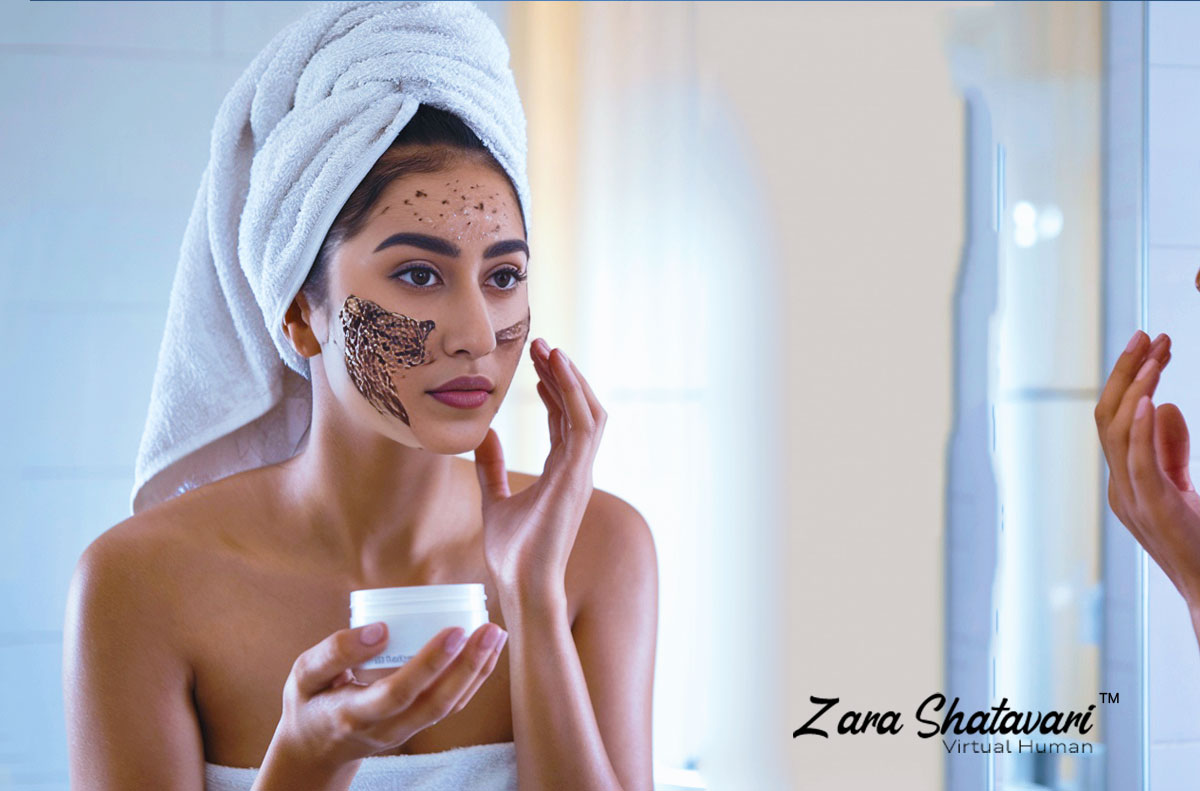Summary
Hair loss, thinning, breakage, and scalp issues—sound familiar? You're not alone. With rising stress, pollution, and poor nutrition, more people are turning to natural ingredients like ginseng to rescue their hair. But is ginseng actually effective?
The answer is yes—and backed by real research. This ancient herb, often used in Ayurveda and Traditional Chinese Medicine, holds powerful adaptogenic and antioxidant properties that can do wonders for your scalp and strands.
Let’s break down 5 proven ginseng benefits for hair, how it works, and how to use it effectively in your routine.
🌿 1. Promotes Natural Hair Growth
One of the most celebrated benefits of ginseng is its ability to stimulate hair growth by improving blood circulation to the scalp. Better blood flow means your hair follicles get more oxygen and nutrients, which supports stronger, faster-growing hair.
🧬 Science-backed: A 2018 study published in Phytotherapy Research found that red ginseng extract stimulated dermal papilla cells—the cells responsible for regulating hair follicle growth.
✔️ Encourages hair regrowth
✔️ Helps fight against hair thinning and bald patches
✔️ Useful in early stages of hair loss
🛡️ 2. Strengthens Hair Follicles & Reduces Hair Fall
Ginseng contains ginsenosides, powerful compounds that strengthen hair roots and follicles from within. Stronger follicles mean less shedding and breakage, especially during stress or seasonal changes.
✔️ Nourishes hair from the root
✔️ Strengthens follicles against breakage
✔️ Reduces hair fall due to poor diet, stress, or postpartum changes
💡 Real-life tip: If your comb or bathroom drain is full of hair every week, adding ginseng to your routine could genuinely help.
🧖♀️ 3. Improves Scalp Health & Detoxifies
Your scalp is the foundation of healthy hair—and when it’s oily, flaky, or inflamed, your hair suffers. Ginseng helps by:
✔️ Balancing oil production
✔️ Reducing dandruff and itching
✔️ Detoxifying clogged hair follicles
It also has anti-inflammatory properties that soothe irritated scalps, making it an excellent choice for those with sensitive or acne-prone scalp skin.
🔍 Ginseng is especially helpful if you’ve been using too many styling products, or live in a hot, humid climate.
💪 4. Fights Oxidative Stress & Premature Greying
Ginseng is packed with antioxidants that help fight free radicals, which damage your scalp and hair cells over time. Oxidative stress is one of the main causes of early greying and hair thinning.
✔️ Protects hair cells from damage
✔️ Slows down signs of ageing on your scalp
✔️ Helps maintain your hair’s natural pigment longer
🧠 Expert Insight: Many trichologists now recommend adaptogens like ginseng to manage stress-induced hair fall and greying.
🧴 5. Enhances the Effectiveness of Other Hair Products
Whether you’re using oils, serums, or masks, adding ginseng can boost the overall results. Ginseng helps your scalp absorb nutrients better, and when combined with ingredients like biotin, amla, or Bhringraj—it acts as a multiplier.
✔️ Works synergistically with herbal oils
✔️ Makes serums and hair tonics more effective
✔️ Perfect addition to DIY masks or oil blends
💡 Try This Combo:
Mix a few drops of ginseng extract or ginseng-infused oil into your regular coconut or castor oil. Massage into your scalp once a week for visible results in 6–8 weeks.
✅ How to Use Ginseng for Hair: A Quick Guide
There are multiple ways to add ginseng to your hair care routine. Here are the simplest:
| Method | How to Use | Frequency |
|---|---|---|
| Ginseng Oil | Massage on scalp, leave for 1 hour | 2–3 times/week |
| Hair Mask | Mix ginseng powder + curd or aloe vera gel | Once a week |
| Ginseng Shampoo | Use herbal shampoo with ginseng extract | Every alternate day |
| Supplements | Consult doctor before taking ginseng capsules | As prescribed |
🧐 FAQs About Ginseng and Hair Care
Q1: How long does it take to see results with ginseng?
A: Typically, you’ll notice improvements in 8–12 weeks of regular use. Hair growth cycles take time, so consistency is key.
Q2: Can ginseng be used on chemically treated hair?
A: Yes! In fact, it’s great for helping restore strength and moisture to hair that’s been coloured or heat-damaged.
Q3: Does ginseng suit all hair types?
A: Absolutely. Whether your hair is curly, wavy, straight, or coily—ginseng can work for you, especially when mixed with the right carrier oil.
Q4: Are there any side effects of using ginseng topically?
A: Ginseng is generally safe. But if you have a sensitive scalp, always do a patch test before using ginseng extract or oils directly.
🌟 Final Thoughts
Ginseng isn’t just an energy booster—it’s a powerful natural ally for your hair and scalp. From stimulating hair growth to improving scalp health and preventing premature greying, this ancient root truly deserves a spot in your self-care routine.
Instead of chasing chemical-laden solutions, try giving your hair a dose of ginseng goodness, and watch it respond with strength, shine, and volume.
✨ Ready to try ginseng for your hair? Let me know which method you’re starting with in the comments below!
Disclaimer:
This article is for informational purposes only and is not a substitute for professional medical advice. Always consult a healthcare provider or trichologist before starting new supplements or herbal remedies—especially if you’re pregnant, breastfeeding, or managing any health condition.











